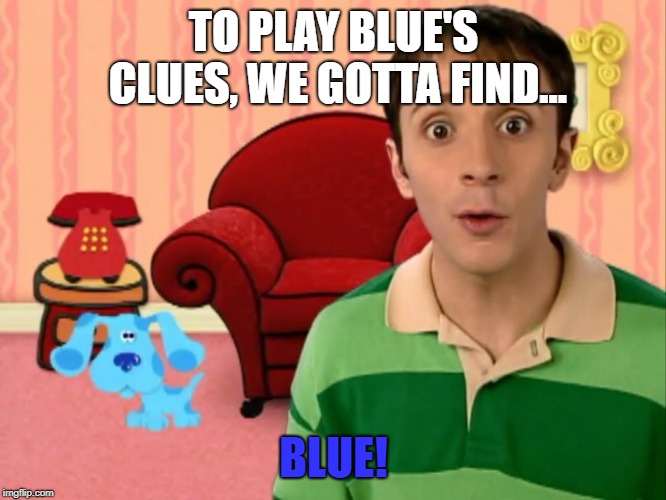 |
| Students discussing their strengths and weaknesses |
The same is true for finding the difference between facilitation and teaching. As a state FFA officer in Connecticut I got to work facilitate with members from across the state on leadership. As I start to develop and execute lessons I tend to lean more towards facilitation then teaching especially when it comes to any topic of leadership or FFA.
Friday I had the opportunity to teach a leadership styles to my future students at Conrad Weiser. I had 23 students and we worked through different activities to find their leadership styles and how to use them in a team.
What did I learn?
 |
| Students taking a leadership style survey |
- Tech fails: Sometimes technology fails and that is okay. We can just keep going. I had several moments in my lesson when google docs didn't work or my polls everywhere survey didn't work either. I just made adaptions to be able to my lesson as I went to get the same idea across a different wa
y.
- Be honest with your students: There was a set of directions and a question I just said in a bad way. It was confusing and I realized that quickly. I paused and said to my students that I am sorry I worded that weirdly let's try again. I think this made my students respect me and showed them it is okay to make mistakes when we are learning.
- Do not talk over students: When I first started my lesson I kept trying to talk over students or asked them to be quiet. As I went on I just became silent and looked at them. This then became the signal that I was trying to speak and we needed to hear what I said. Students quickly became quite down instead of getting louder.
 |
| Planning a party activity |
What would I have changed?
- Print copies: I used google docs for students to complete a survey. In the future I would print this and have them do it as a hard copy or make it a google survey. This way it had clearer expectations and I wouldn't have struggled with technology to access this. The document got cut off in their version on the chromebooks.
- Clearer scenarios: In the lesson students had to plan a friendsgiving party. I did not give them parameters on this party and I got a lot of responses of bringing alcohol. I could have gave them parameters that narrowed in on a party for their classroom to make it more appropriate for school.
Overall this experience was one of my favorite labs I have done so far. I had a great time working with the students and look forwards to student teaching.









